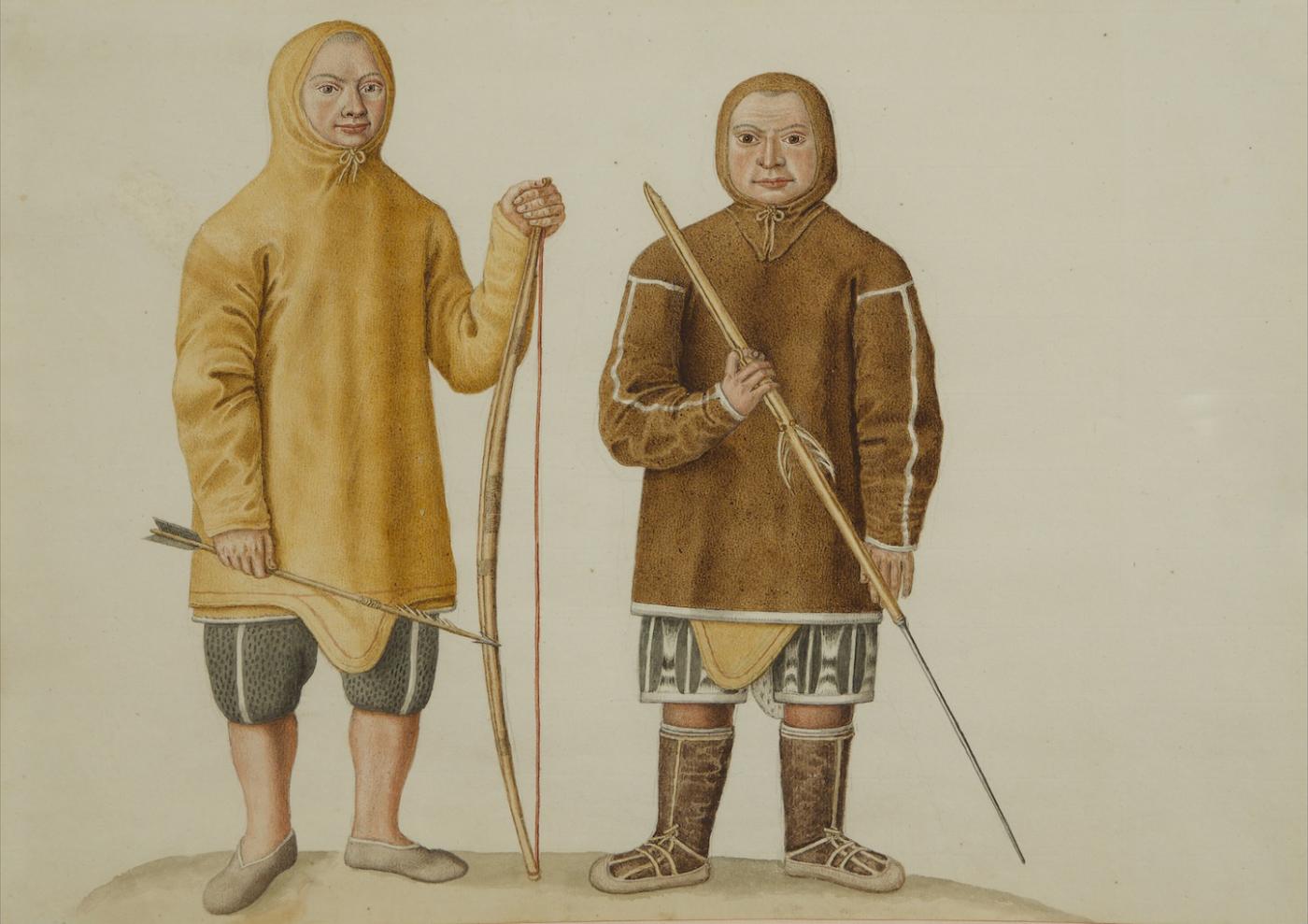Search
Close

By Gifts One Makes Slaves and by Whips One Makes Dogs
“The best response to anyone who wants to take seriously Nietzsche’s fantasies about savage hunters chopping pieces off each other’s bodies for failure to remit are the words of an actual hunter-gatherer-an Inuit from Greenland made famous in the Danish writer Peter Freuchen’s Book of the Eskimo. Freuchen tells how one day, after coming home hungry from an unsuccessful walrus-hunting expedition, he found one of the successful hunters dropping off several hundred pounds of meat. He thanked him profusely. The man objected indignantly:
“Up in our country we are human!” said the hunter. “And since we are human we help each other. We don’t like to hear anybody say thanks for that. What I get today you may get tomorrow. Up here we say that by gifts one makes slaves and by whips one makes dogs.”
The last line is something of an anthropological classic, and similar statements about the refusal to calculate credits and debits can be found through the anthropological literature on egalitarian hunting societies. Rather than seeing himself as human because he could make economic calculations, the hunter insisted that being truly human meant refusing to make such calculations, refusing to measure or remember who had given what to whom, for the precise reason that doing so would inevitably create a world where we began “comparing power with power, measuring, calculating” and reducing each other to slaves or dogs through debt.
It’s not that he, like untold millions of similar egalitarian spirits throughout history, was unaware that humans have a propensity to calculate. If he wasn’t aware of it, he could not have said what he did. Of course we have a propensity to calculate. We have all sorts of propensities. In any real-life situation, we have propensities that drive us in several different contradictory directions simultaneously. No one is more real than any other. The real question is which we take as the foundation of our humanity, and therefore, make the basis of our civilization. If Nietzsche’s analysis of debt is helpful to us, then, it is because it reveals that when we start from the assumption that human thought is essentially a matter of commercial calculation, that buying and selling are the basis of human society-then, yes, once we begin to think about our relationship with the cosmos, we will necessarily conceive of it in terms of debt.”
The above passage comes from David Graeber’s amazing book, Debt: The First 5,000 Years which is just so damn good! I’m reading it to prepare for his new book, being published posthumously, that I recently learned about from an article in The Atlantic. I’m totally pumped for this new book because–no surprise–it seems positively extraordinary! Reading ‘Debt’ it occurs to me just how much I still resonate with, and am emotionally stirred by, egalitarian anarcho-socialist schools of thought.
…
Painting above: Water Color on Paper, Two Very Rare Watercolor Depictions Of The Greenland Inuit Hunters Poq And Qiperoq During A Missionary Tour Of Copenhagen Circa 1724. Danish School.

0 Comments